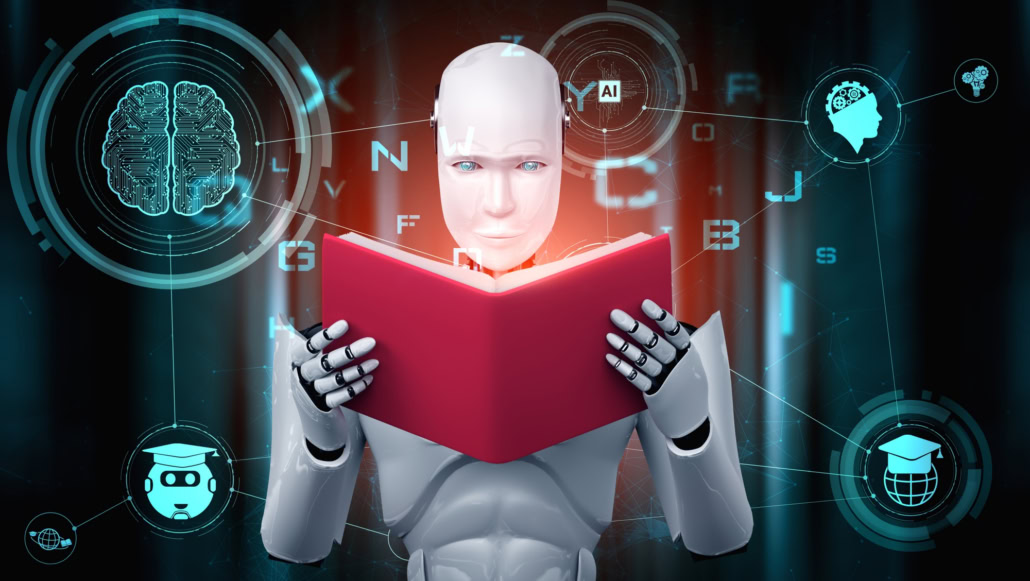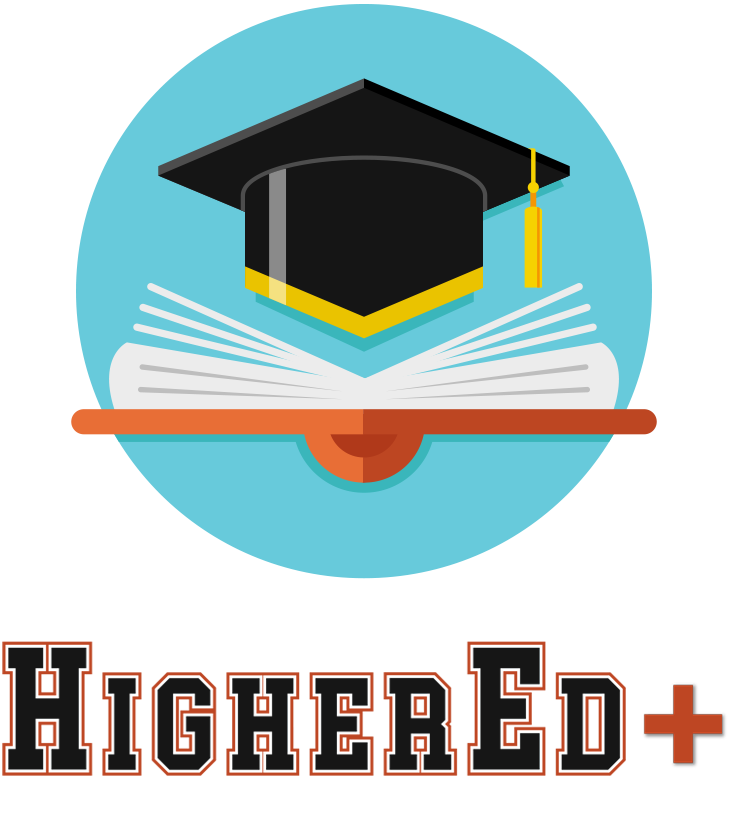Why AI Literacy Matters in Higher Ed, Now More Than Ever

In recent years, the integration of Artificial Intelligence (AI) into higher ed contexts has surged dramatically. A 2024 survey by the Digital Education Council revealed that 86% of students now utilize AI tools in their studies, with 54% engaging with these technologies on a weekly basis. This widespread adoption underscores a pivotal shift in how learners approach their education. However, it also highlights a pressing concern: While students are quick to use these advanced tools, many lack a comprehensive understanding of their proper application and the ethical considerations involved.
What Happens When We Ignore AI Literacy?
Let’s consider three alarming scenarios:
- Students Using AI Without Thinking: AI can help students brainstorm, structure essays, and even translate complex concepts into digestible explanations. But without AI literacy, students risk becoming passive consumers, outsourcing their critical thinking to machines. Learning isn’t about regurgitating answers—it’s about understanding. If students don’t learn how to use AI responsibly, they’re not just cheating the system; they’re cheating themselves.
- AI Bias Runs Unchecked: AI models are only as good as the data they’re trained on. And guess what? That data is often flawed, biased, and reflective of societal inequalities. In other words, garbage in, garbage out. Without AI literacy, people accept AI decisions at face value—whether it’s a hiring algorithm favoring certain candidates or a loan approval system disproportionately rejecting minority applicants. Understanding AI means questioning it.
- Privacy and Data Security Risks: AI tools thrive on data and lots of it. From browsing habits to academic records, these systems collect and analyze vast amounts of personal information. Without AI literacy, students may unknowingly trade their privacy for convenience, exposing themselves to data breaches, surveillance, and unethical data harvesting. Understanding how AI processes and stores personal information is key to safeguarding privacy and maintaining control over one’s digital footprint.
How Do We Build AI Literacy in 2025?
So, what’s the solution? Do we simply ban AI in classrooms? We don’t think so. Instead, we need to promote AI literacy professional development programs and make it a harmless part of our daily conversations. Here’s how:
- Encourage Critical AI Thinking: Instead of blindly trusting AI-generated content, we need to teach people to question it. Who built this AI? What biases might it have? Can I verify the information it provided? How? These are the kinds of questions AI-literate individuals can and should be asking.
- Teach AI as a Core Skill: Just like we teach reading, writing, and math, AI literacy should be embedded into primary and secondary school curriculums, even before pupils step foot in a college classroom. And students should learn not only how to use AI tools but also how to evaluate their reliability and ethical implications.
- Make AI Transparency a Priority: Universities deploying AI tools should be required to disclose how the models they’re implementing work, what data they rely on, and what limitations they have. In other words, users shouldn’t have to guess whether an AI decision is fair or reliable, and it should be clear what data is being collected on them, such that they can opt out.
The Future Belongs to the AI-Literate
AI hasn’t just arrived at the doorstep of higher education, it has already barged in, reshaping how knowledge is acquired and applied. So rather than viewing it as a threat, we should leverage it to enhance learning, push the boundaries of research, and empower students and educators alike. Universities must take the lead in fostering AI literacy, ensuring that graduates are not just passive consumers of technology but active participants in its evolution.
In an era where AI is influencing everything from coursework to career paths, understanding its capabilities, limitations, and ethical implications isn’t optional, it’s essential. So, the next time you see an AI-generated headline, a chatbot’s response, or even a student submitting an AI-written essay, ask yourself: Do they know what they’re doing? And more importantly, Do you?
Become a HigherEd+ member to advance your ability to ethically integrate AI in higher education with over 20 cutting-edge AI courses. Earn your Artificial Intelligence Digital Badge Microcredential and stay ahead in an AI-driven world. Click here to learn more: https://www.publicationacademy.org/unlimited/


